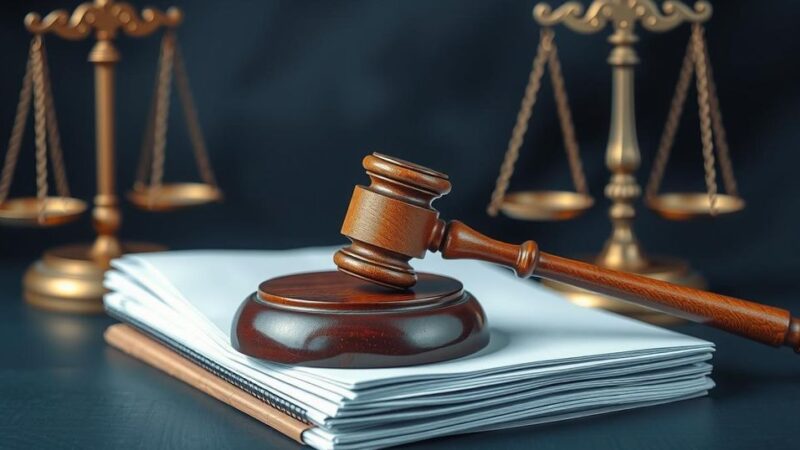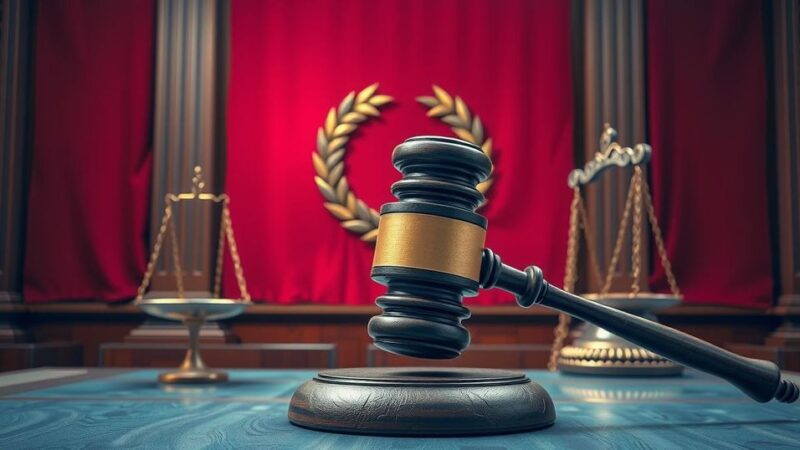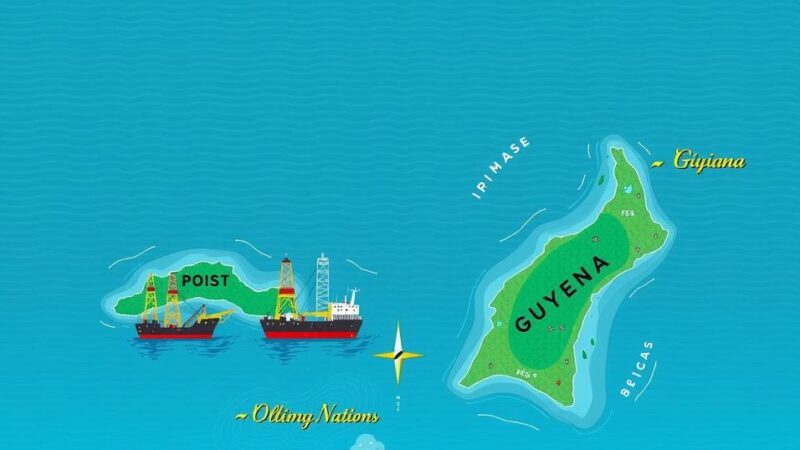The declaration of a state of emergency in Rivers State by President Bola Tinubu has sparked national tension and comparisons with military regimes in Niger, Mali, and Burkina Faso. Legal experts condemned the actions as illegal, while concerns mount regarding investor confidence amid ongoing political instability. The marginalization of the Ijaw community and historical grievances exacerbate the crisis, highlighting the urgent need for political resolution to foster economic recovery.
The current atmosphere in Nigeria is marked by heightened tension, particularly following President Bola Tinubu’s declaration of a state of emergency in Rivers State, resulting in the suspension of Governor Sim Fubara and other officials. This situation has raised concerns among Nigerians about whether the country is adopting a trajectory similar to military juntas in Niger, Mali, and Burkina Faso. Legal experts, notably the Nigerian Bar Association (NBA), criticized the president’s actions, deeming them illegal and undemocratic.
In a stark comparison, President Tinubu had previously condemned the military takeovers in Niger, Mali, and Burkina Faso, where leaders were ousted under claims of fostering Western interests that exploited local resources. Despite ECOWAS’s firm stance against military interventions, the juntas argued that abolishing democratic governance was necessary to reclaim national resources and autonomy. For instance, after taking control in Niger, the junta significantly increased its revenue from uranium extraction by renegotiating terms with foreign corporations.
The declaration of emergency in Rivers has only intensified the political crisis, leaving many to question the president’s unilateral decision-making. Critics argue that the failure to address the core issues, particularly the role of Nyesom Wike in instigating the conflict, may lead to further instability. Concerns are also mounting regarding investor confidence as Nigeria grapples with internal discord, which could deter foreign investments crucial for economic recovery.
Moreover, the ongoing unrest has reignited fears among the Ijaw community, who have long felt marginalized in state leadership. Historical grievances regarding representation and resource allocation have fueled resentment. The recent Supreme Court ruling regarding fiscal allocations has further stoked frustrations, perceived as a systemic effort to undermine the Ijaw’s interests.
The potential fallout from the state of emergency could mirror past crises, particularly the impeachment of a former governor, which led to significant disruptions in oil production and economic decline. As Nigeria attempts to stabilize oil output and rekindle investor interest, the situation remains precarious and fraught with uncertainty. Without addressing the systemic political issues, efforts to attract investments may yield little success, leaving the nation in a vulnerable financial position.
The ongoing unrest in Rivers State has raised significant concerns about Nigeria’s political stability and its implications for economic recovery. With President Tinubu’s recent actions leading to a state of emergency, critics fear that the country may be heading towards a governance model reminiscent of military regimes in West Africa. The ramifications on foreign investments are profound, as unresolved political tensions continue to discourage potential investors. To ensure a viable economic future, it is imperative for the Nigerian government to address both the immediate crises and the underlying issues of representation and resource management.
Original Source: businessday.ng






